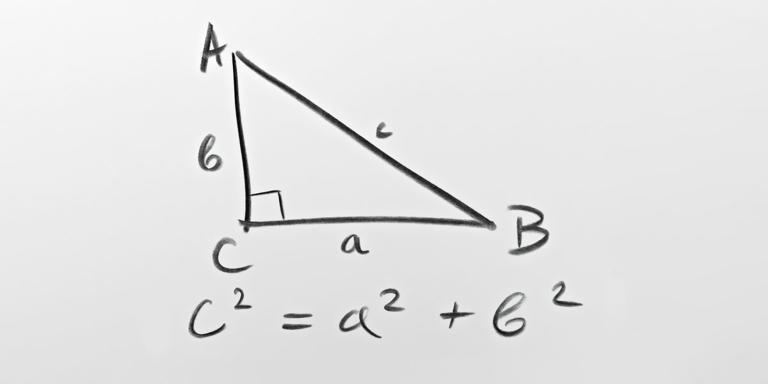Physicist turned philosopher Sean M. Carroll
posted his monthly podcast rant.
He gives this excuse for ignoring a surprising research paper:
So, when you have a claim in a scientific paper that goes entirely against everything the reader might have expected to be true, it is your job as the author to do two things. ...
So, when I read a paper like this, I'm looking for an acknowledgement that here's what you might expect and here's why we are different. And then, the other thing of course is that, that latter part here is why your expectations are not going to come true in this particular case. Here is why your intuitions are off. And I didn't see that in these papers. [chuckle] ...
0:22:02.7 SC: I'll give you a completely other... And the second example I do with great trepidation, 'cause I don't want to tar people with bad associations, but it sticks in my mind, The Bell Curve. Remember The Bell Curve? You know that book, Charles Murray and James Herrnstein from the '80s, and it came out in the '80s and it was talking about a distribution of IQ etcetera, and what the implications of that are for public policy. And I'm not an expert in this stuff and I was just a college student when it came out, but you know, I'm curious, it was a big deal when it came out. People are still talking about it today. And so, one of the... I didn't read the whole book by any stretch of the imagination, but I did look at it.
0:22:42.2 SC: I opened it and paged through. Again, to do this judgment, is this worth my time? Right? That's the question. And one of the very first questions I asked myself was, you know, look, there have been a lot of claims over the years that I can do science and show that some people, some racial groups are dumber than others, right? And these claims have a very bad history of being bad science badly done, because people wanted the results to be true, because it's a bunch of white people saying that black people are dumb. Usually, historically, that's what it's been. And these historical examples have been used to justify some terribly racist things. So, when a book comes along in the 1980s, which purports to be super duper modern and scientific, but yet reaching conclusions that are very similar to conclusions that have been reached a hundred years ago by pseudoscientific nonsense people, what I'm looking for is, once again, an acknowledgement.
0:23:45.8 SC: You might worry that this is just pseudoscientific racism, because that's been... We've had a long history of pseudoscientific racism and here is why we are not that. So, when you open The Bell Curve, you do not find that discussion. In fact, you find that they cite some of the pseudoscientific racism of the past approvingly. And at that point. I said, meh, this is not really gonna be worth my time.
It is true that the field of Psychology has a history of bad science badly done. Many textbook results could not be replicated, when done more carefully.
But IQ research has held up better than all the other areas of psychology. And the research is not necessarily what people wanted to be true. It says that Jews and Chinese are smarter, on average, in studies done by people who are not Jewish or Chinese. Blacks have done studies also.
Perhaps research was used to justify some terribly racist things, but denying the research was also used to justify racist things.
This whole example was to justify dismissing a paper on black holes!
The main point of the Bell Curve book was not about race. It was that spending on social programs will not raise IQ, so the money could be better spent on other goals. Rejecting that point has led to policies like No Child Left Behind, a big failure. More people should have read the book.
Carroll exhibits a peculiar closed-mindedness. He believes in parallel universes, but refuses to read evidence for group differences in humans.
Update: Here is a Jordan Peterson video clip explaining why IQ is important, and why no one wants to talk about it.
I am not blaming Carroll for not wanting to talk about it. I am blaming him for using it as an example of something that scientists should disregard.

